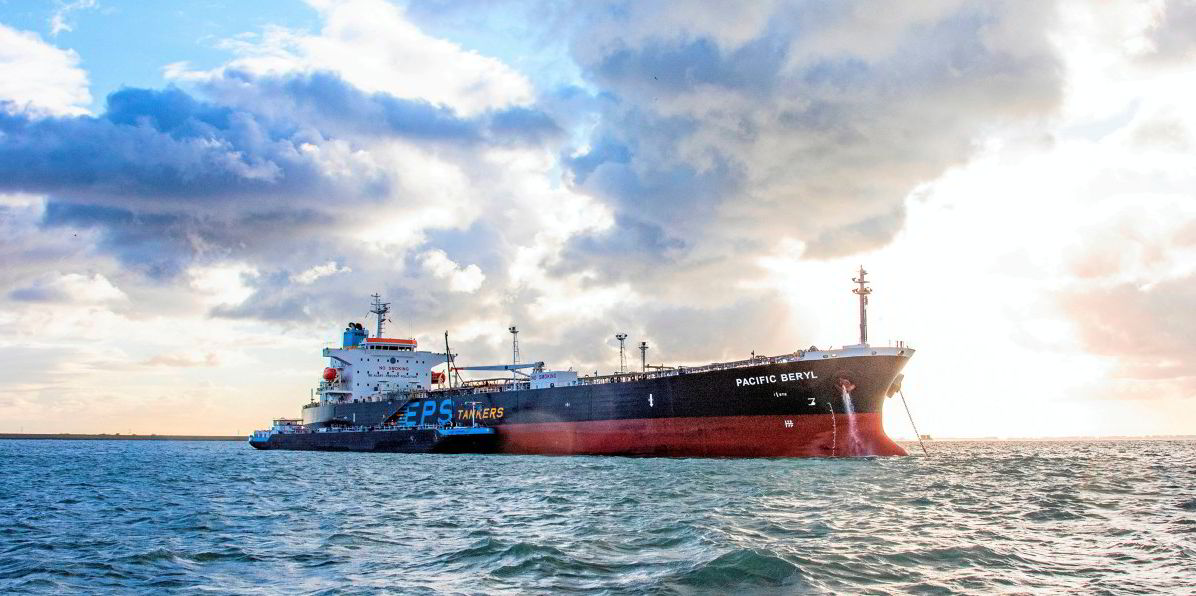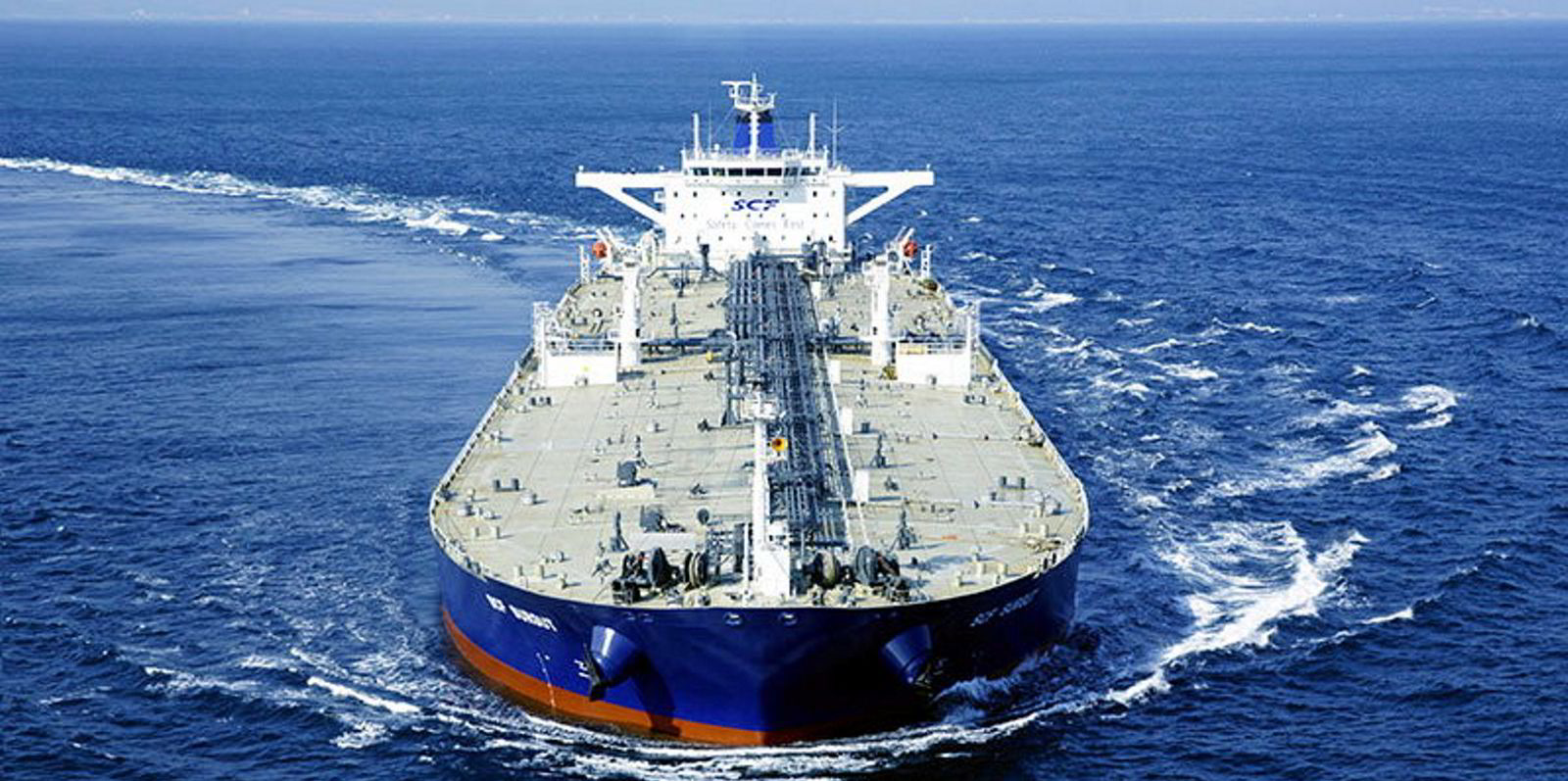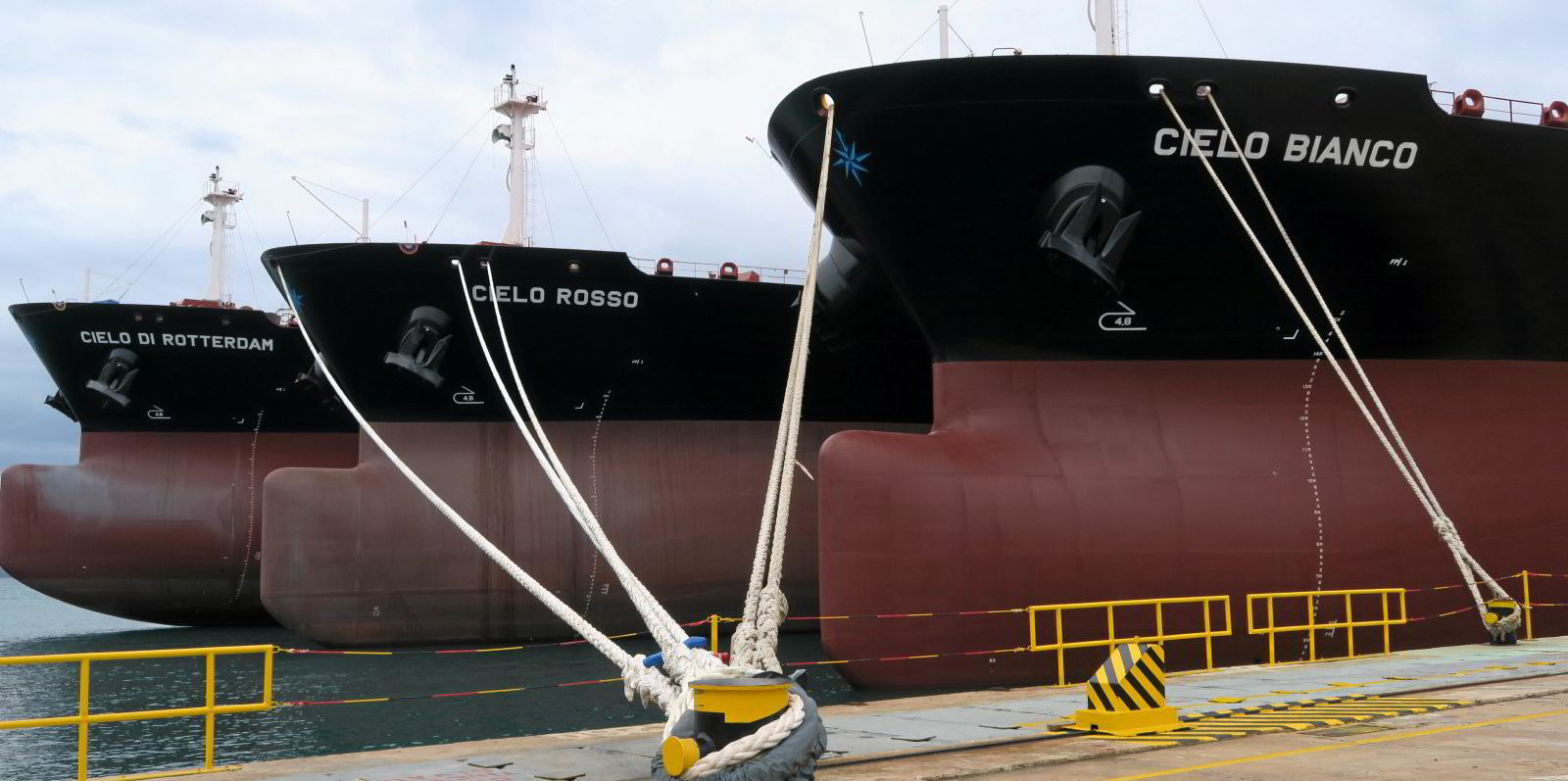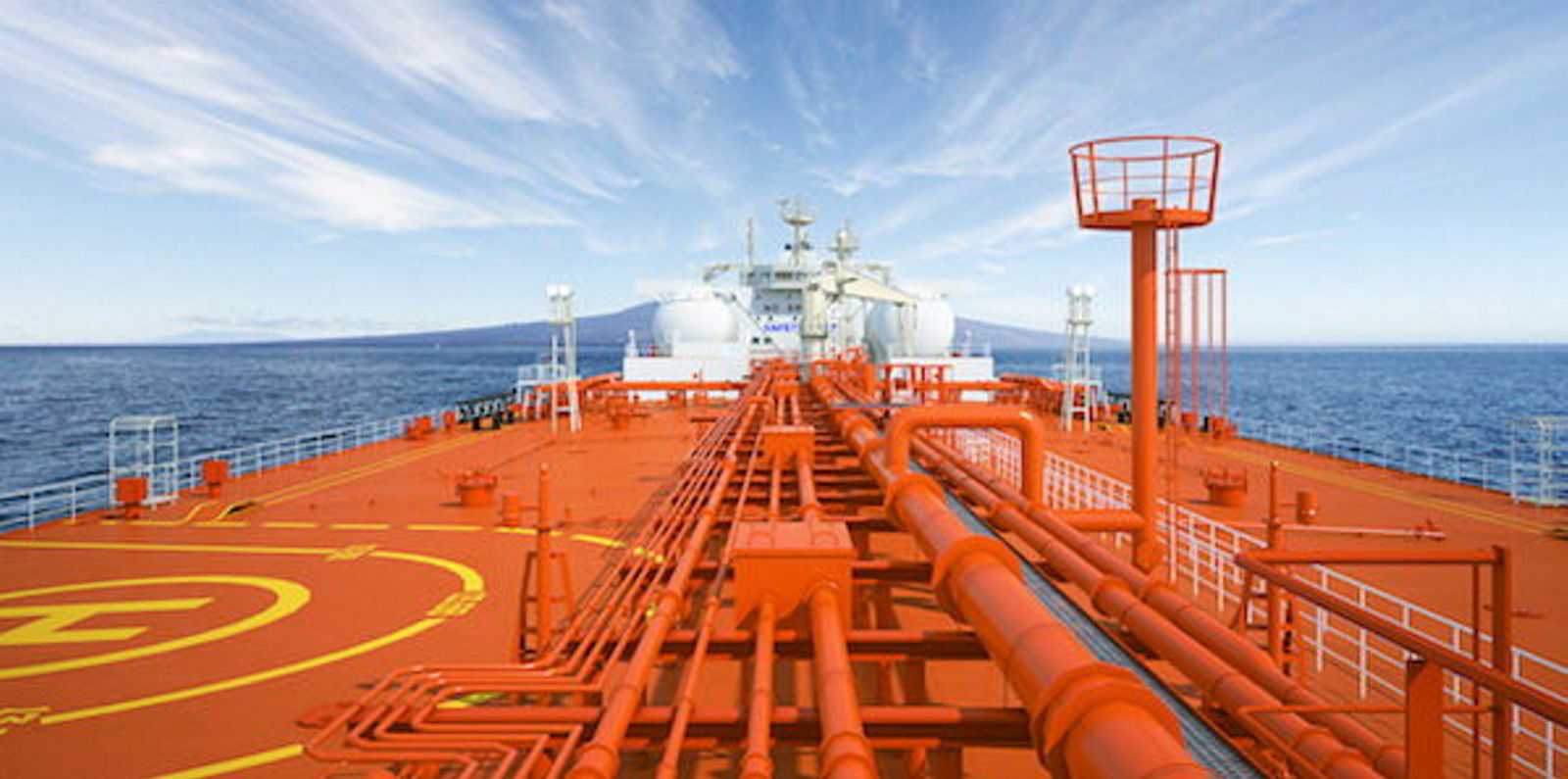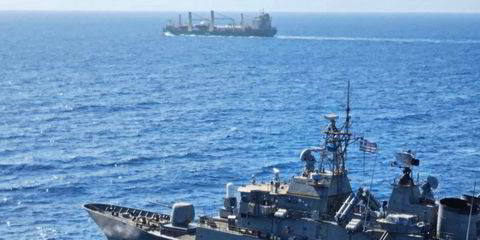Tankers continue to languish, but there is one way out, Gibson Shipbrokers suggests.
The UK firm said on Friday that an oil-related "black swan" event is probably the catalyst crude and product need to join the profitability party enjoyed by other sectors.
"On the face of it, the odds of such a scenario developing" seem "quite unlikely" and are "certainly not Gibson's base case", the note read.
"Quite simply, oil demand is only anticipated to return to pre-pandemic levels this year, whilst the fleet has expanded by 4% since the end of 2019.
"However, there are a number of key factors to watch this year, which could have the power to boost or significantly alter global oil trade, and, with that, give the outside chance of a significant upturn in tanker rates."
Gibson's stated base case for 2022 is that tankers continue to flounder as oil demand creeps up and newbuilding deliveries keep hitting the market.
To defy its expectations, the broker said demand must continue to pick up and scrapping must increase, two factors that would be boosted by oil inventory restocking.
A "massive overshoot" in demand thanks to a big rebound for corporate and leisure travel would also help, but it still would not be enough.
"Critically, some form of 'black swan' event would be needed to propel tanker rates to near-record levels, and, given the current geopolitical environment, such an event is not inconceivable," Gibsons said.
The note likened such an event to the coal dispute between Australia and China last year that helped boost the dry bulk trade. It identified a potential oil embargo on Russia as an analogy for tankers.
A risk, though, could be oil prices, Gibsons said, suggesting they could cap oil demand amid rising prices across the economy.
Tanker rates remained muted in the first full week of 2022.
The Baltic Dirty Tanker Index started the week at 704 and finished at 698, hitting a low of 694 on Wednesday.
Declines in the Baltic Clean Tanker Index were even steeper. It slid 32 points, having opened the week at 625 and finishing on Friday at 593.
In its weekly roundup, the Baltic Exchange said rates ticked down across most routes and asset classes.
For clean tankers, the market "has been tested down again this week for the most part", with the Middle East Gulf to Japan route being affected the most.
Ships on that route lost Worldscale 9.42, falling to WS 89.3, or a time charter equivalent of $2,129 per day.
